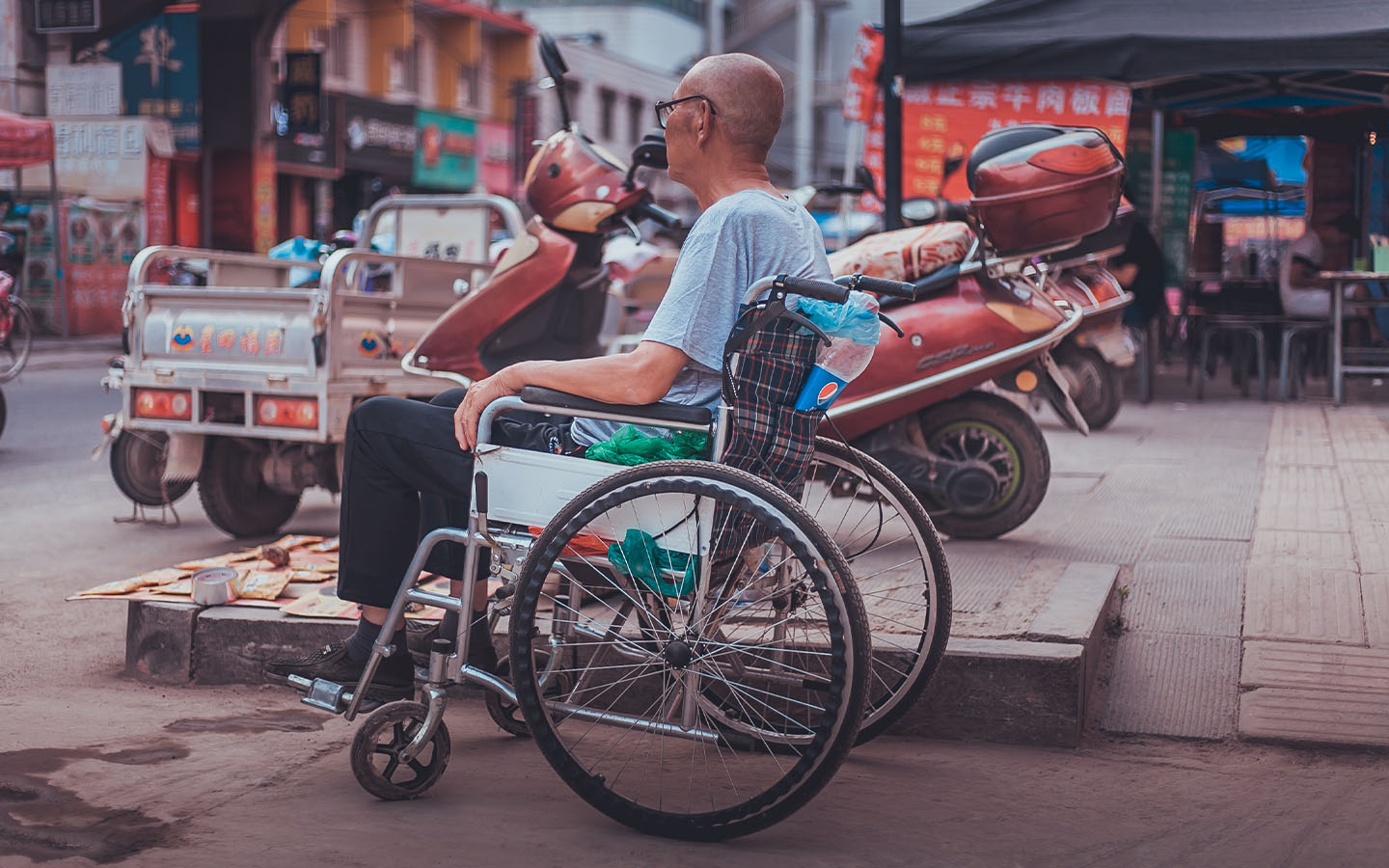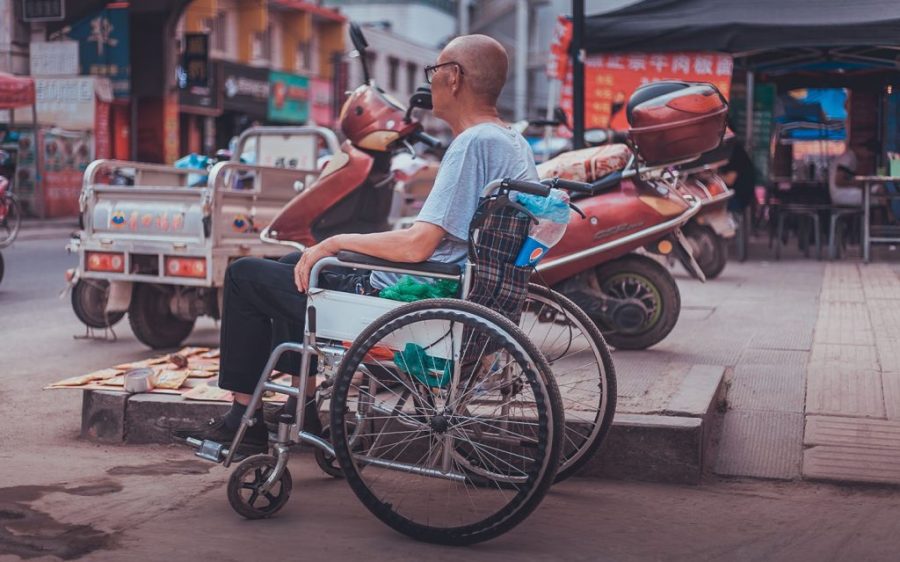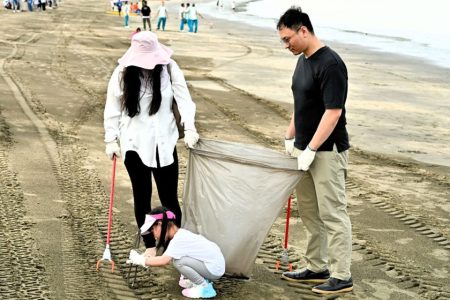The Fu Hong Society says that opportunities for disabled people are not growing at the rate of Macao’s rebounding economy and that some of the organisations currently employing them are barely staying afloat. The news was first reported in the local Chinese-language newspaper Jornal do Cidadão.
The society is calling on the government to make it easier for social enterprises – the main employers of disabled people – to operate. Jennifer Chau, the society’s director, said that many of the SAR’s social enterprises had been struggling since the pandemic, noting that other types of businesses tended to shy away from employing people with disabilities.
She gave as an example the 70 percent decrease in orders for artisanal products, made by roughly 200 people with disabilities, who receive occupational therapy at the Pou Choi Centre.
Such a significant drop in sales created “a certain pressure on the operation of the centre,” Chau told Jornal do Cidadão.
[See more: Is Macao as deaf-friendly as it could be?]
Another local social enterprise, Happy Laundry, was also facing difficulties due to lack of demand, she said. Both the Pou Choi Centre and Happy Laundry are run by the Fu Hong Society.
Even though people with disabilities are exempt from Macao’s minimum wage law, Chau said that average small-to-medium-sized businesses found it uneconomical to employ disabled people, due to the specialised nature of the work they are able to perform. Employers also often lacked knowledge around the needs of people with disabilities, especially when it came to communication, Chau said.
She said the Fu Hong Society wanted the government to implement measures making it easier for social enterprises managed by non-government organisations to operate.
Chau suggested it could prioritise products made by social enterprises in its public tenders, to boost demand, and allow these organisations to occupy currently vacant spaces in public housing or hospitals.






